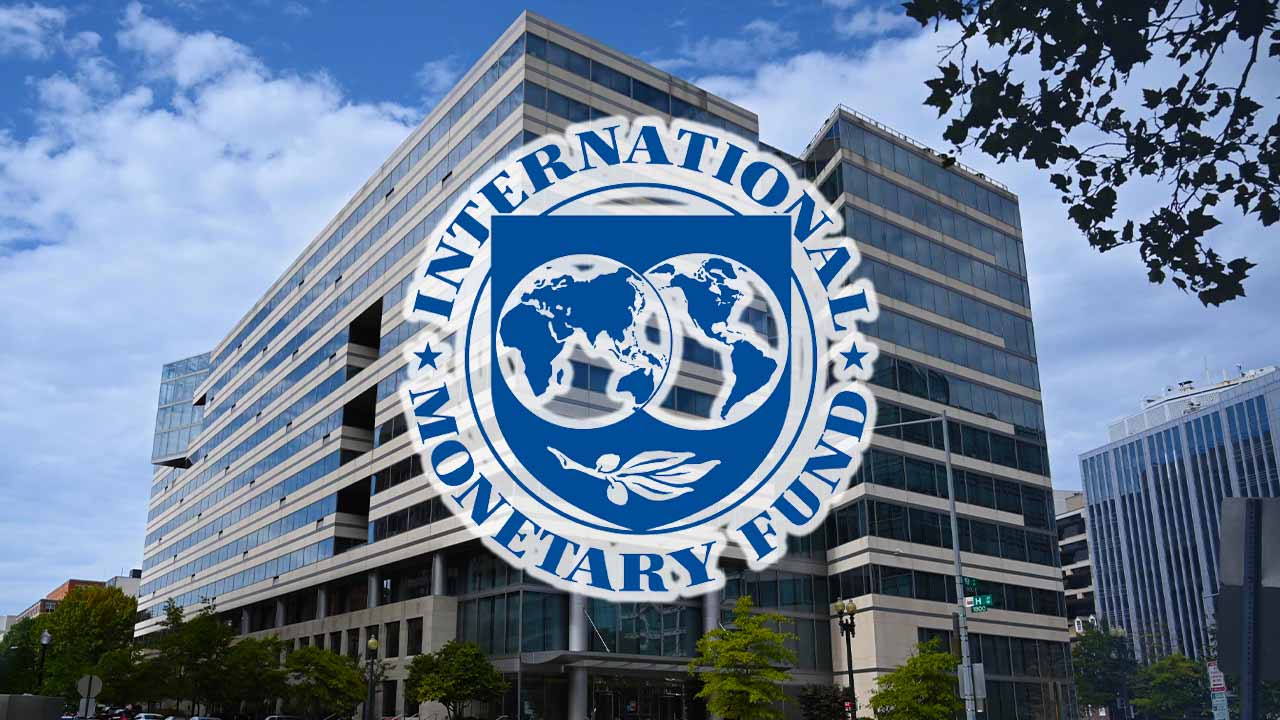Stronger IMF to Aid Nations in Debt Distress: Shaktikanta Das, 2023

Stronger IMF to Aid Nations in Debt Distress: Shaktikanta Das, 2023
During a Finance Track lecture on the global economy, the governor stated that, for this reason, “a bigger and stronger IMF that is capable of managing levels of country risk assumes crucial importance.”
On Friday, India’s top policymakers demanded that the IMF and World Bank take further measures to assist nations in debt difficulty and improve coordination among central banks to prevent negative consequences from their monetary policy actions from significantly impacting the global economy.
It is impossible to emphasize the importance of the IMF and World Bank in tackling global debt problems. The foundation of international monetary and financial systems consists of these institutions.
They must thus do more for nations that are in debt difficulty, according to Reserve Bank of India (RBI) governor Shaktikanta Das.

During a Finance Track lecture on the global economy, the governor stated that, for this reason, “a bigger and stronger IMF that is capable of managing levels of country risk assumes crucial importance.”
He pointed out that when standby agreements are provided to nations experiencing a balance of payments crisis, they sometimes come with performance standards and a “stigma.”
He noted that lack of access to IMF programmes and perceived stigma might prompt nations to go to other borrowers for financial assistance, which could impact the sustainability of their debt.
Less restrictive plans can be created for nations with macroeconomic foundations that are “reasonably resilient” but not “sound.” “Corrective measures, including financing, should be implemented promptly, without stigma, and with greater public access.”
Chief economic advisor V Anantha Nageswaran stated that while central banks set monetary policy to achieve domestic financial goals, there are limits to the concentration of spillover to other countries. He added that monetary policy tightening is one of the reasons cited by some countries for increased debt vulnerability.
The CEA also emphasized the significance of monetary and fiscal policy consistency. There are many situations when there is little room for policy action, and there is a high possibility that policies will serve several goals. If growth remained muted, higher interest rates would make budgetary consolidation more complex and pressure the Federal Reserve to keep interest rates low for longer.

Nageswaran believes that a multilateral system is essential for managing interdependencies in a way that improves national and global welfare at a time when the globe is seeing rising debt vulnerabilities and expanding geo-economic fragmentation.
In 2023, the International Monetary Fund’s role in aiding nations struggling with debt distress became a focal point of discussions among global financial leaders. Leading the charge for a stronger IMF in this regard was Shaktikanta Das, India’s prominent economist and banker.
Shaktikanta Das, known for his insights into macroeconomic strategies and monetary policies, has consistently stressed the importance of cooperative international efforts in addressing global financial challenges. As India’s representative in several international forums, his voice carries weight in the global economic arena.
With growing global interconnections, an economic crisis in one country can have cascading effects on multiple nations. This highlights the need for a robust international body that can intervene effectively. The pandemic strained the financial capacities of many governments, especially those already grappling with high levels of debt. The situation showcased the need for more robust and agile international institutions to provide support.
Many developing countries are vulnerable to external shocks due to heavy reliance on foreign debt and exports. With external assistance, these countries avoid falling into a debt trap.
Das advocated for increasing the financial resources at the IMF’s disposal, ensuring they can substantially help needy countries without depleting their reserves.
Das underscored the importance of SDRs, an international reserve asset, as a potential instrument to assist countries. He suggested a new allocation or a better mechanism to reallocate SDRs from rich to poorer nations.
Recognizing the unique challenges faced by each country, Das emphasized the importance of flexible IMF policies catering to member countries’ individual needs. Beyond financial aid, Das proposed that the IMF bolster its efforts in providing technical assistance and training to member countries, helping them better manage their economies and avoid financial pitfalls.

Das’s call for a stronger IMF received mixed reactions. While many developing nations supported his stance, citing their struggles with debt and the need for better international support, some developed countries expressed concerns about the potential for moral hazard and the efficacy of increased financial aid.
The 2023 discussions around the IMF’s role have shed light on the shifting dynamics of the global financial landscape. As countries recover and adapt to the post-pandemic world, the need for robust international financial institutions becomes increasingly apparent. Whether or not Das’s recommendations are fully adopted, his advocacy has sparked crucial discussions on the path forward for the global community.






